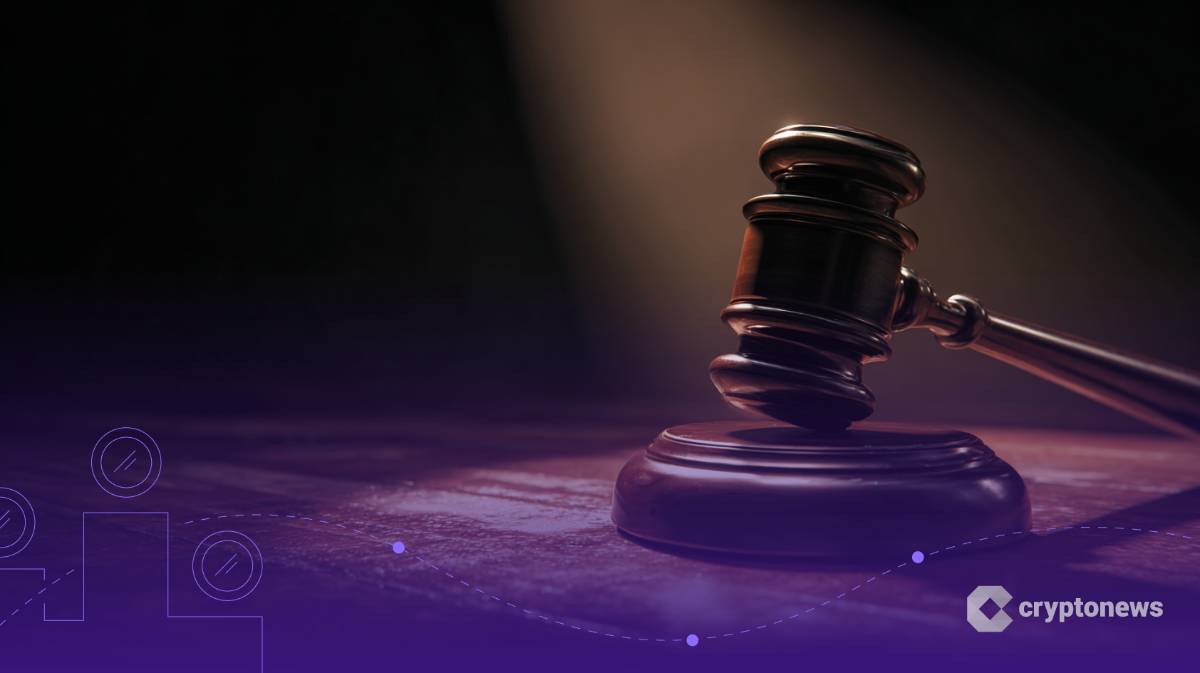Vitalik Buterin: L2s should maximize the use of L1 security tools
Ethereum co-founder Vitalik Buterin advocates for the optimization of Layer1 security and decentralization features to streamline how builders develop Layer2s.
In a recent X post, Buterin comments on a take about how alternative Layer1s eventually end up becoming Layer2s overtime. The Ethereum (ETH) co-founder believes that on-chain builders should learn to “lean into the L1’s offerings” in order to maximize L2 for what it is.
According to Buterin, developers should stop trying to rebuild everything from scratch. Instead, L2 builders should leverage the strengths of Ethereum’s L1. These features include security, censorship resistance, proofs and data availability.
By offloading these responsibilities to Ethereum’s Layer1 technology, future L2s can stay lightweight and robust in contrast to making them overcomplicated.
“Reduce your logic to just being a sequencer and a prover (if based, just a prover) over the core execution,” said Buterin in his post.
He believes that L2s should minimize their complexity and focus more on ordering transactions through sequencing and generating cryptographic proofs, such as ZK-proofs or fraud proofs, to show that the transaction execution is valid.
“This is the combination of trust minimization and efficiency that the 2010s enterprise blockchain crew wanted, but was never able to achieve,” said Buterin, adding that Ethereum L2s can now make it a reality.
Vitalik Buterin on decentralization
Aside from simplicity and decentralization, Vitalik Buterin also emphasized the real-world benefit of utilizing Ethereum L1 for building L2s.
“We’ve already seen successful examples of the L1’s features protecting users’ rights if something on the L2 goes wrong,” continued Buterin.
Earlier this month at the annual Ethereum Community Conference, Vitalik Buterin called out the fake decentralization in a lot of crypto projects. He observed that many startups build decentralized applications with centralized front-ends, which he dubbed as “straw houses.”
Moreover, Buterin pointed to a number of tests to see whether an app was truly built to be secure and decentralized. One of them was the “walkaway test,” which showed whether an app would still function if its core team dissolved.
You May Also Like

Prosecutors link Roman Storm to DPRK hackers in trial opening statements

U.S. DOJ Closes Polymarket Case – $2.6B Prediction Market Eyes Imminent U.S. Return
